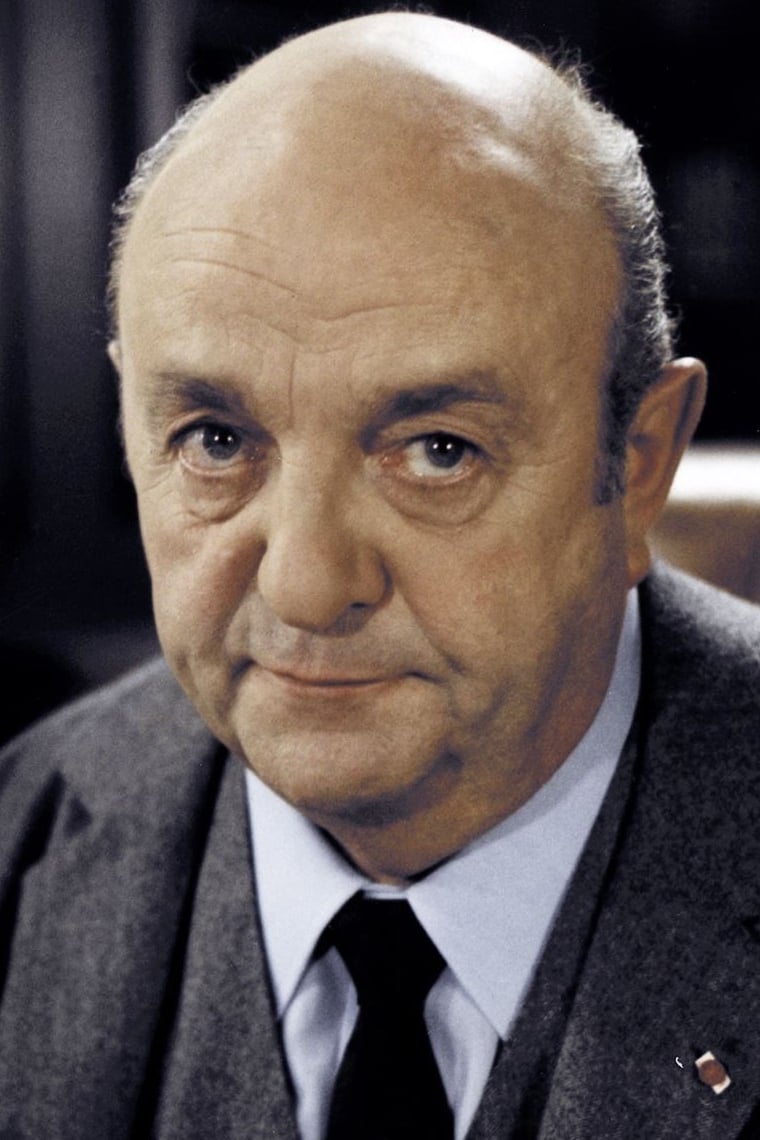
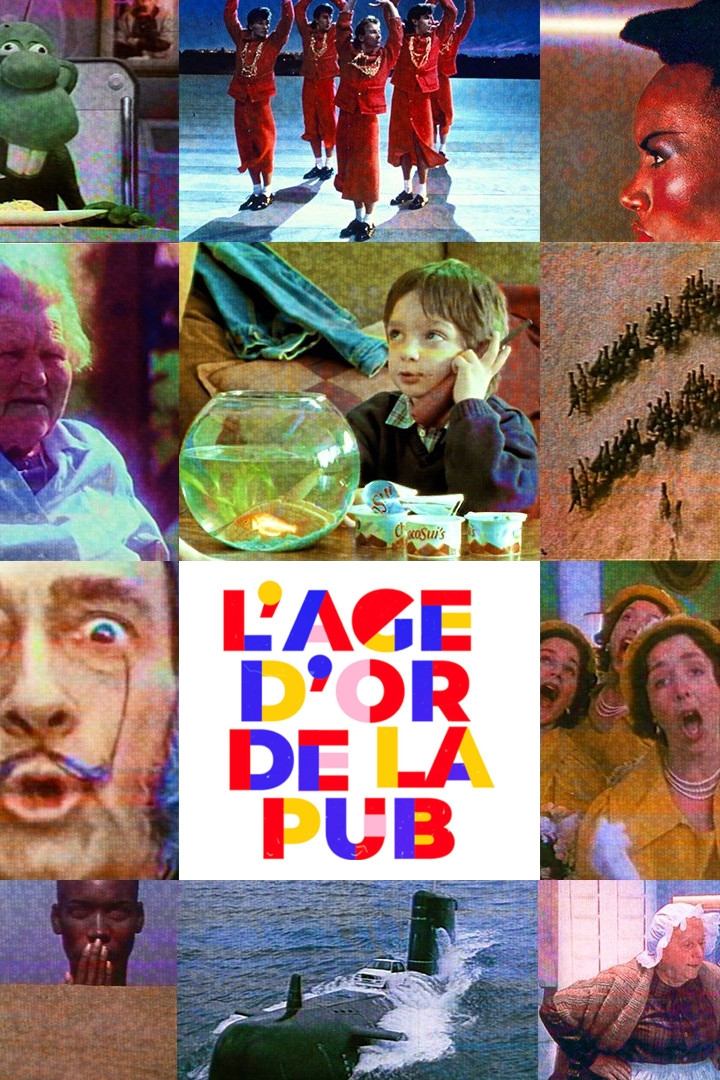
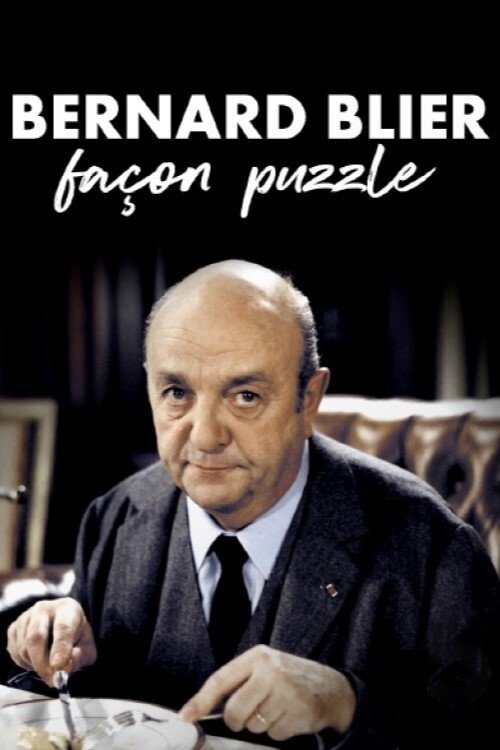
In a career spanning more than half a century, Bernard Blier has shot more than 180 films. He alone represents a history of French cinema without having spent his time cultivating its legend. He crossed his century as an actor with the modesty of a craftsman. He believed in learning, know-how and transmission. He considered himself, like the butcher or the cabinetmaker, as a man useful to his fellow men. Bernard Blier found in Louis Jouvet, who was his teacher at the Conservatory, a master at playing, a mentor and even a spiritual father. Jouvet taught Blier the love of acting, theater and Molière. And if he knew how to take hold of Michel Audiard's best tirades like no one else, notably those of the "Tontons Flingueurs", it is to this apprenticeship that he owes it.

Follow in the footsteps of burlesque actor Pierre Richard, a key figure in French cinema in the 1970s and 1980s.
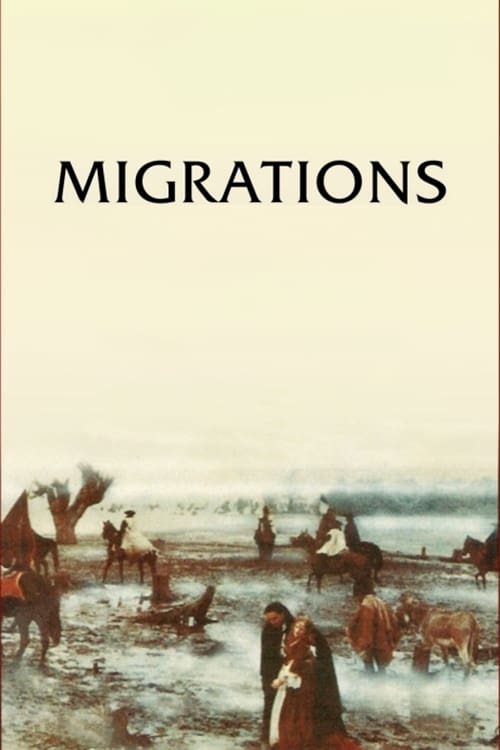
Based on the famous novel of Milos Crnjanski, the story follows Serbian migrations from the Austro-Hungarian Empire during the XVIII century.

Elvio Battistini works as a ticket taker in the local cinema of the small town where he lives. He has a prosthesis in one leg, the result of an accident, but he tells anyone who will listen it is a war injury. Giuseppe Mondardini, is also an older man living alone in what was the splendid family home. When Elvio and Giuseppe meet, they hit it off immediately. A trip to a cooler area is in order, so Mordardini unveils his ancient automobile.

A dying man Lord Gordon asks his niece Ada to find his son in Africa whom he left many years ago.
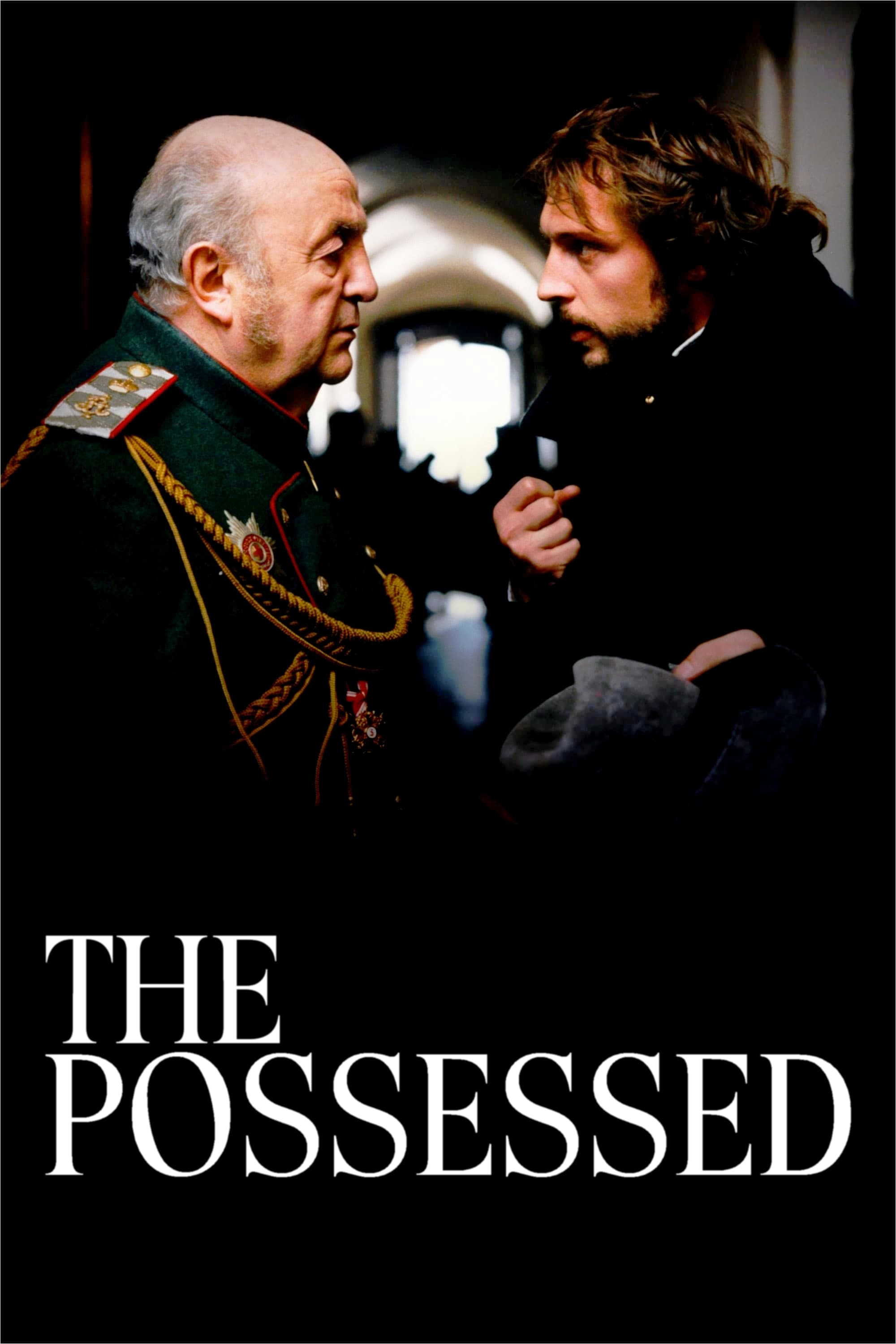
Russia, 1870. A group of young anarchist revolutionaries set out to overthrow the Czarist regime through violence. Their attacks create a climate of psychosis and mutual distrust among the population, but in reality, both revolutionaries and repressors are being manipulated by a diabolical individual.
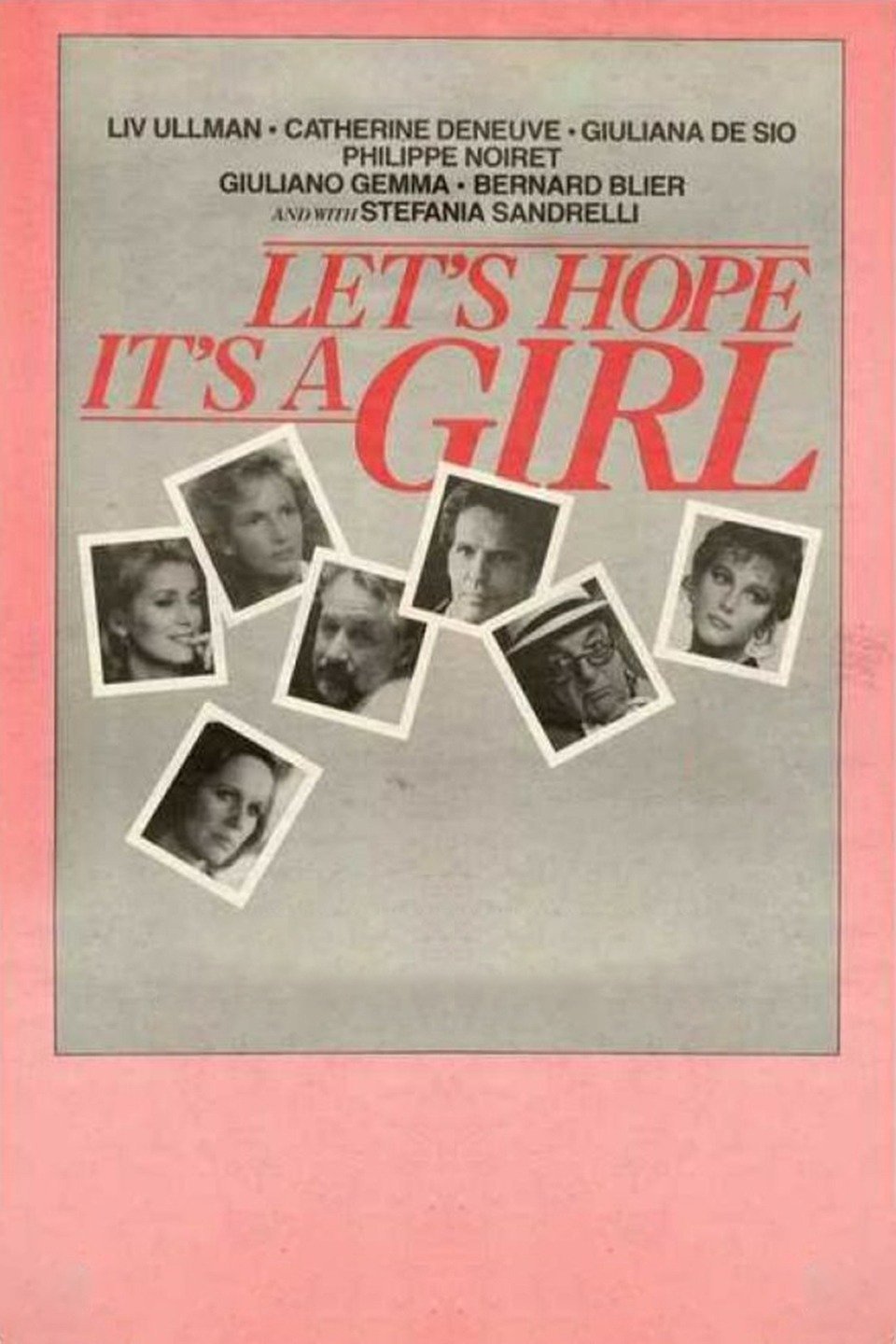
Let's Hope It's a Girl is a multifaceted exploration of the pointlessness of sexual stereotypes. Liv Ullmann is a countess who, after her divorce, takes over the family farm. Realizing that she can't rely on the patriarchal society structure for assistance, Ullmann runs the farm herself with the help of her female servants and relatives. When the Count (Philipe Noiret) comes back into her life, he and his male buddies find themselves outclassed by the expertise of the ladies.
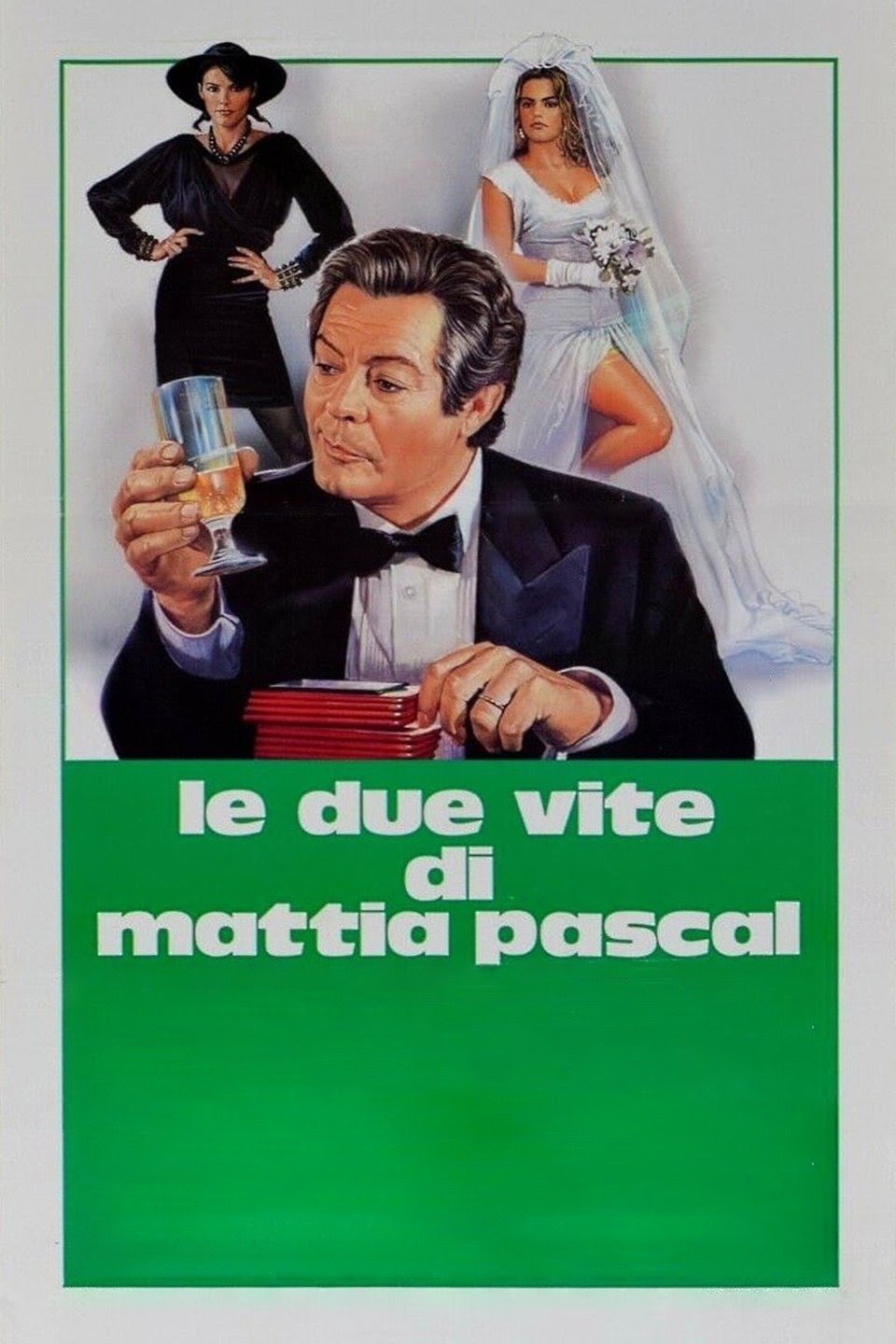
Based on 'Il fu Mattia Pascal', one of Pirandello's many stories concerning the transitory nature of the intangibles "truth" and "identity". Mattia Pascal is a downtrodden average man, treated like trash by his fiancée, scorned by his associates, and cheated out of his inheritance by contemptuous relatives. The dispirited Pascal heads to Monte Carlo, accruing a fortune and also assuming the identity of a less fortunate gambler who killed himself. The "new" Pascal is treated with a dignity and respect that overwhelms him--and nearly kills him.

This time the "amici" (friends) are just four: Necchi, Meandri, Mascetti and Sassaroli. Nevertheless they are older they still love to spend their time mainly organizing irresistible jokes to everyone in every kind of situation. Mascetti is hospitalized in a geriatric clinic. Of course the place become immediately the main stage for all their jokes. After some jokes they decided to place an ultimate incredible and farcical joke to the clinic guests.
Bernard Blier (11 January 1916 – 29 March 1989) was a French character actor. His rotund features and premature baldness allowed him to often play cuckolded husbands in his early career. He proved to be one of France's most versatile and sought-after character actors, performing interchangeably in comedies and dramas. He often worked in Italian films, particularly in the last decade of his life. He was born in Buenos Aires, Argentina, where his father, a researcher at the Institut Pasteur, was posted at the time. He is the father of director Bertrand Blier, and appeared in a number of his son's films, most notably Buffet froid (1979). He was awarded an Honorary César (the French Oscar) in 1989, a month before he died. Description above from the Wikipedia article Bernard Blier, licensed under CC-BY-SA, full list of contributors on Wikipedia.
By browsing this website, you accept our cookies policy.